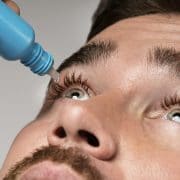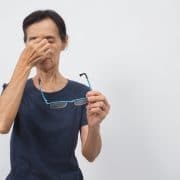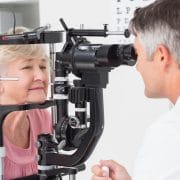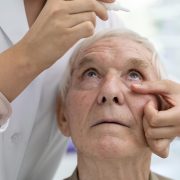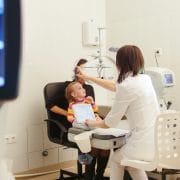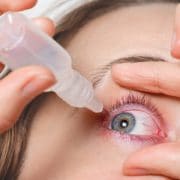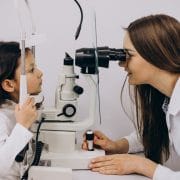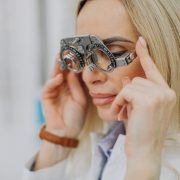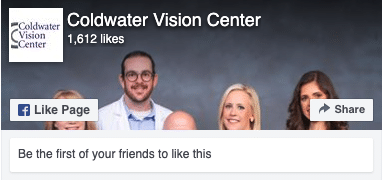Symptoms of Dry Eye
Dry eye is a syndrome that is estimated to affect over 4.88 million people in the U.S. More women than men have dry eye syndrome, which may be due to factors related to release of estrogen. It’s good to know that treatment for dry eye in Coldwater, MS is available. If you think you may have this condition, book an appointment for a professional diagnosis and treatment plan. In the meantime, here are the most common symptoms of dry eye to be aware of.
Chronically Red Eyes
The whites of the eyes can redden for a number of reasons, including eye strain. This often happens after long hours at a computer, either at work or at home while gaming. They can also get red due to injury or exposure to an irritant. But if you can’t attribute your red eyes to anything recent, and you seem to always have red eyes, it could be that you have dry eye syndrome.
Burning, Stinging Sensation********
Irritated eyes often feel like they are stinging or burning. With dry eye syndrome, the eyes are not getting enough fluid, which causes them to feel uncomfortable and results in a burning or stinging feeling. This is a common symptom that should be reported to your eye doctor in Coldwater, MS.
Sensitivity to Light
Do you find yourself squinting a lot, even when it’s not particularly bright outside, or when others don’t appear to be bothered by the light? If you have excess sensitivity to light, or if you have trouble driving gat night due to other vehicles’ headlights, you could have dry eye syndrome. Light sensitivity is a symptom of other eye conditions, also, so a professional diagnosis is imperative.
Swollen, Irritated Eyelids
If your eyelids are irritated and swollen on a regular basis, know that is another sign of possible dry eye syndrome. The swelling and irritation is caused when the eyelid drops down over the eyes to blink or sleep, and friction is present due to lack of moisture.
Never try to diagnose your dry eye syndrome at home. In particular, don’t start treating dry eyes with over-the-counter eye drops. At-home eye drops can hide or exacerbate a serious eye condition. Contact your eye doctor today for consultation about symptoms of dry eyes.

